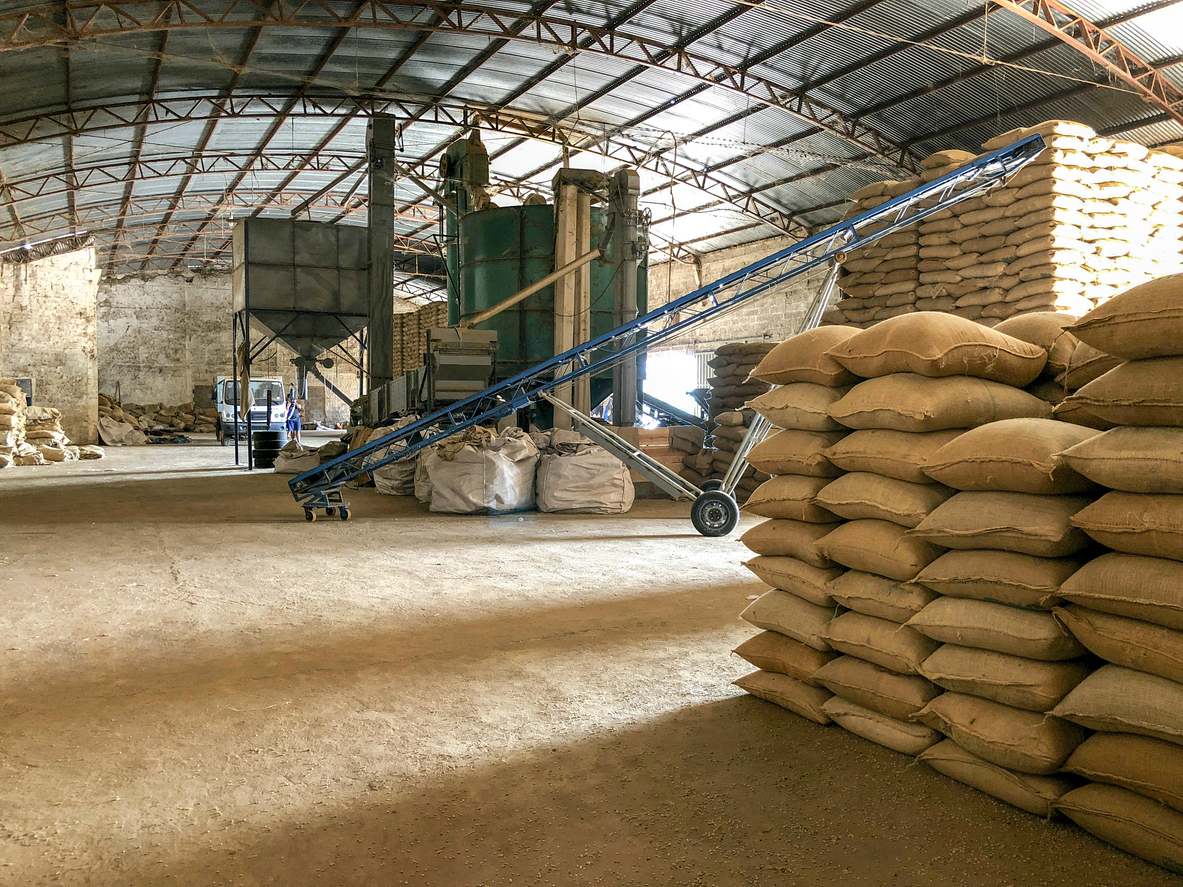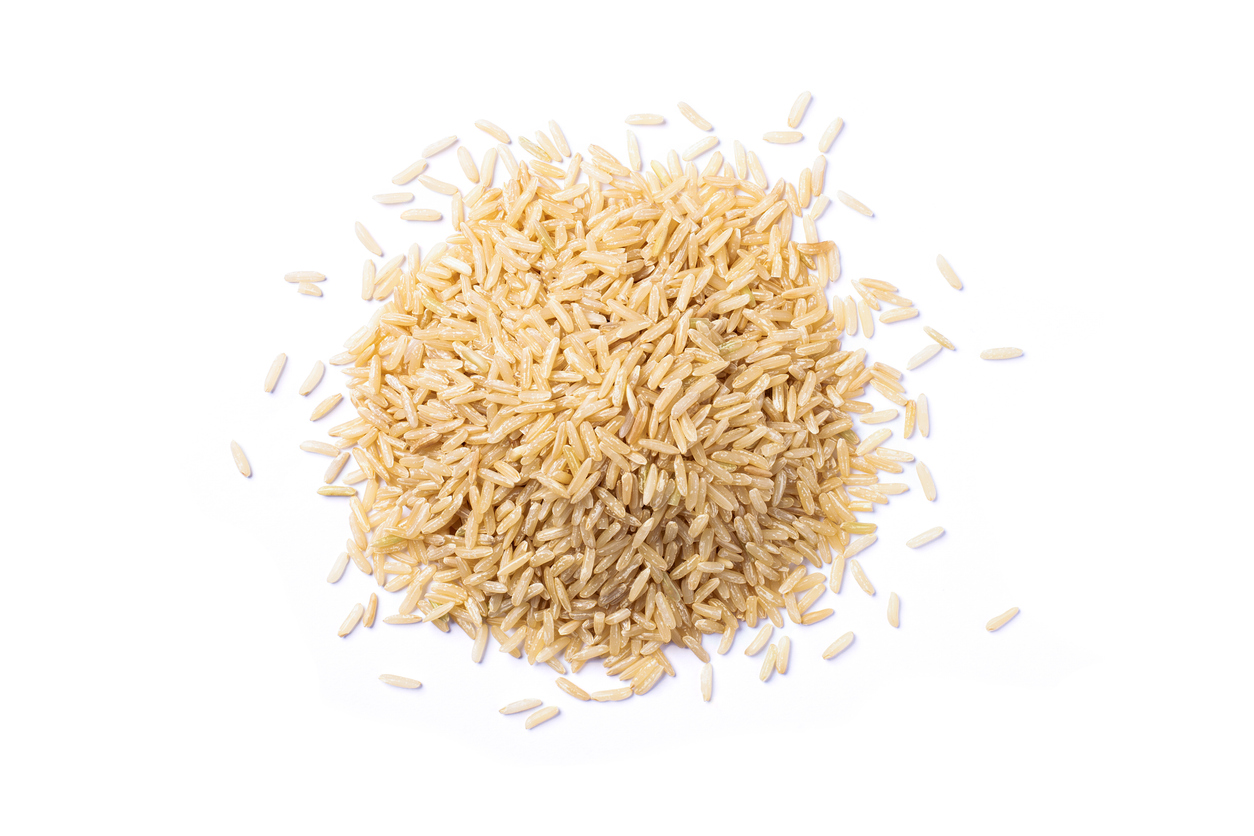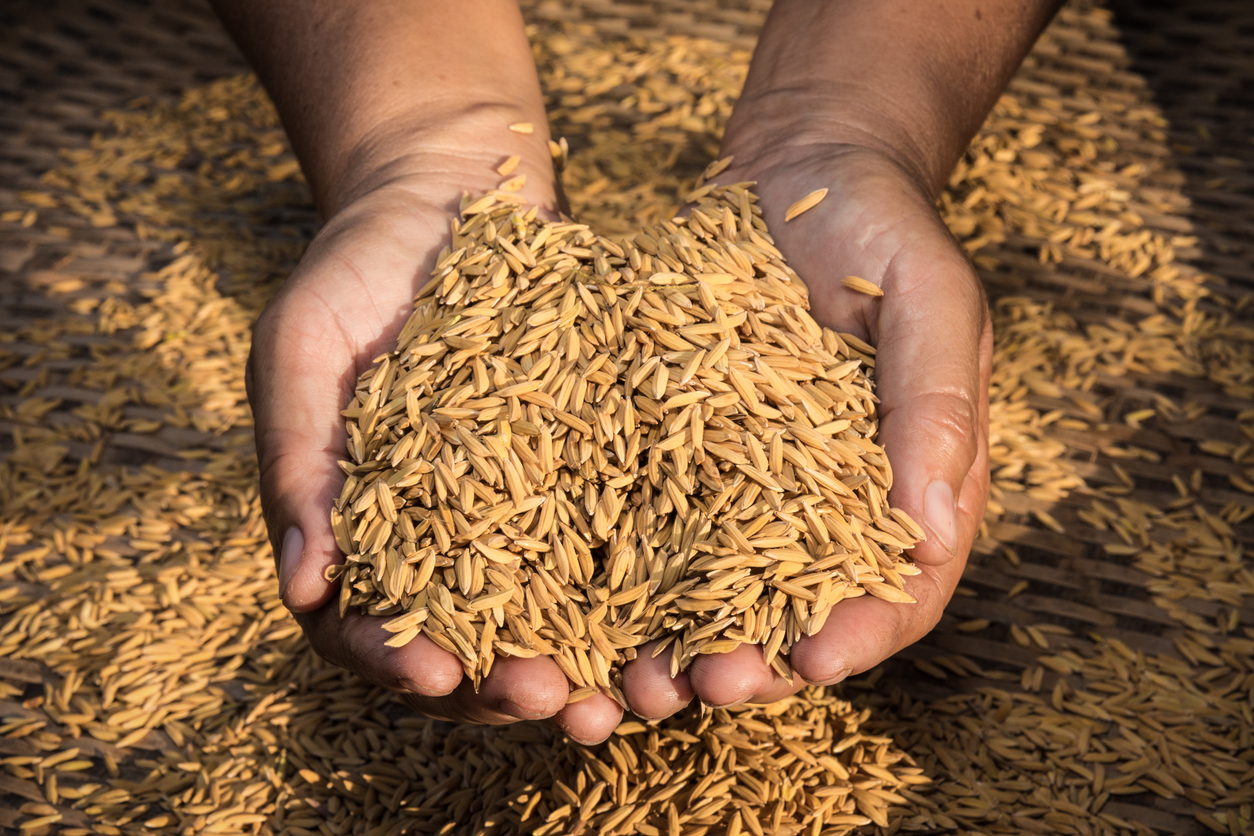Unlocking Opportunities in Nigerian Agro Exports to Ghana: A Trade Guide for Businesses
Agriculture remains one of Nigeria’s most important economic drivers, accounting for a large share of employment and contributing significantly to non-oil trade. Within West Africa, Ghana stands out as a vital trade partner, offering a strong market for Nigeria’s agricultural produce. Nigerian agro exports to Ghana not only fuel regional food security but also support businesses engaged in wholesale distribution, import/export, and logistics.
For companies navigating this growing corridor, understanding trade trends, opportunities, and practical challenges is crucial. This article explores how Nigerian agro exports to Ghana are shaping regional commerce, while also providing solutions to help businesses streamline cross-border trade.
Growing Demand for Nigerian Agro Exports to Ghana
In recent years, Ghana has increased its reliance on agricultural imports to meet domestic consumption needs. Nigerian products such as maize, yam, cassava, sesame seeds, and groundnuts continue to find strong demand in Ghanaian markets.
The shared cultural tastes and proximity of both nations create a natural trade flow. Unlike exports to Europe or Asia, Nigerian agro exports to Ghana benefit from shorter transport distances, reduced costs, and faster delivery times. This makes cross-border trade a strategic opportunity for Nigerian exporters and Ghanaian buyers alike.
Challenges Facing Nigerian Agro Exports to Ghana
Despite the opportunities, exporters face several hurdles that can slow down or reduce profitability in this corridor.
-
Border Delays and Bureaucracy: Lengthy customs checks and inconsistent documentation requirements often delay shipments.
-
Logistics Costs: Poor infrastructure and rising fuel prices increase transport costs, making products less competitive.
-
Quality and Standards Compliance: Ghana has strict quality checks, and Nigerian exporters must ensure packaging, labeling, and preservation meet international and regional standards.
-
Currency Fluctuations: Variations between the Nigerian Naira and Ghanaian Cedi can affect pricing and profitability.
These challenges require structured solutions, and businesses trading in this corridor must be proactive in finding ways to reduce risks.
Practical Solutions for Enhancing Nigerian Agro Exports to Ghana
To strengthen their competitiveness, Nigerian exporters should consider the following strategies:
-
Invest in Quality Control
Exporters need to align with Ghana’s regulatory standards by adopting modern packaging and preservation methods. This ensures agro products meet consumer expectations and avoid rejection at borders. -
Leverage Professional Logistics Support
Engaging an experienced trade partner can reduce risks of delays, lower transportation costs, and simplify customs processes. Wigmore Trading, for example, specializes in efficient logistics and can help streamline Nigerian agro exports to Ghana. -
Build Strong Distributor Partnerships
Establishing relationships with Ghanaian wholesalers and retailers secures consistent demand. This long-term approach can stabilize pricing and reduce the risks associated with fluctuating currencies. -
Use Regional Trade Agreements
Exporters should take advantage of ECOWAS trade protocols, which provide tariff reductions and simplified processes for cross-border commerce between Nigeria and Ghana.
The Role of Wigmore Trading in Nigerian Agro Exports to Ghana
As businesses navigate the complexities of West African trade, having a reliable partner is critical. Wigmore Trading has over a decade of experience in wholesale distribution, import/export, and logistics solutions.
-
Efficient Logistics: Wigmore Trading provides end-to-end logistics management, ensuring goods are transported safely and delivered on time.
-
Compliance Support: The team helps businesses meet Ghanaian import regulations, reducing risks of delays or rejected shipments.
-
Market Access: With an established network across West Africa, Wigmore Trading connects exporters with credible buyers in Ghana.
Whether you are a small business seeking to expand or an established exporter aiming to optimize trade, Wigmore Trading can help simplify the process.
Future Outlook for Nigerian Agro Exports to Ghana
The future of Nigerian agro exports to Ghana looks promising. Rising population growth, increased urbanization, and higher demand for processed foods in Ghana will continue to drive import demand. As infrastructure and regional integration improve, Nigerian exporters who position themselves now will be better placed to take advantage of this growth.
However, long-term success requires investment in standards, efficient logistics, and strategic partnerships. By addressing these key areas, businesses can maximize profitability while contributing to stronger regional trade relations.
Conclusion
Nigerian agro exports to Ghana remain a cornerstone of West African trade, offering businesses significant opportunities for growth. While challenges such as logistics, compliance, and currency fluctuations exist, practical solutions and professional support can help overcome them.
For businesses looking to expand in this growing corridor, Wigmore Trading provides the expertise and network needed to simplify trade, ensure compliance, and connect with reliable buyers.
Contact Wigmore Trading today to streamline your Nigerian agro exports to Ghana.







Comments are closed.